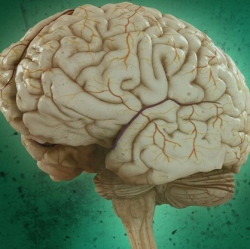
Patients who can legally treat themselves with medical cannabis stop using prescription opioids or use fewer for chronic pain symptoms. Patients in New Mexico’s medical cannabis program suffered less pain, enjoyed a higher quality of life, better social experiences, higher levels of activity, and concentration.
The investigation published in the journal PLOS One analyzed health records from 66 habitual opioid users who were diagnosed with severe chronic pain to determine if and how legalized medical marijuana programs affected patients’ opioid use. Thirty-seven of the patients were enrolled in a legal medical cannabis program in New Mexico between 2010 and 2015 while the remaining 29 patients were not registered.
New Mexico’s medical marijuana program allows its patients with severe chronic pain to self-manage their marijuana use, including how and how often the patients take cannabis, and what strength and strain of cannabis are used, giving patients much latitude over managing their condition.
For the study, researchers had access to 21 months of prescription data, including three months of data before patient enrollment in the medical cannabis program. Compared to those patients not enrolled in the program, cannabis users were 17 times more likely to cease their prescription opioid use and over five times more likely to reduce their daily dosage of opioids.
On average, medical marijuana patients were able to cut their opioid dosage in half. In contrast, patients not in the medical cannabis program increased their daily dosage of opioids by over 10 percent.
Overall, over 80 percent of medical marijuana patients were efficiently used fewer prescription opioids, while over 40 percent stopped filling opioid prescriptions altogether after a year and a half of being enrolled in the medical marijuana program, suggesting that medical marijuana can be used to treat symptoms of severe chronic pain adequately.
These results recall the findings of a recent Illinois study in which the state’s medical marijuana program has allowed chronic pain patients to treat their symptoms of rheumatoid arthritis, back pain, and cancer more quickly, efficiently, and for more extended periods of time than their prescription painkillers.
These results were also consistent with the conclusions of another study earlier this year that found that over three-quarters of medical marijuana patients significantly reduced their opioid use. Patients also reported reductions in the use of alcohol, antidepressants, anti-anxiety, migraine, and sleep medications, suggesting the versatility of medical cannabis in treating a variety of conditions and symptoms.
